As a good millennial, I take our mantra seriously: to share and to connect. Of the people I shared my previous post regarding, “So you think you're not allowed to speak about Palestine?” was Paul.
He wrote back, "Wow! This is amazing. Thank you. It’s very touchy here as it is everywhere, but in the Bay Area, I can say that it is definitely anti-Zionist gentrification.”
I had to think about this. Anti-Zionist gentrification. As if anti-Zionism is the latest wave of keto/gluten-free/vegan trend to push out the indigenous, innercity, financially struggling older generations of Zionists? Is Zionism the latest group that is an economically distressed, historically underserved community that is under threat by an influx of affluent residents?
Paul continued, “Mentioning ceasefire can illicit a ‘why are you anti-Israeli’ or ‘why are you pro-Hamas’ response. I think people are so used to polarization that they can’t wrap their heads around the fact that someone can hold multiple viewpoints. Did you read the NYT article on multi-generational Jewish families?”
Oh, you know how much I love the New York Times, Paul: New York Times and all their wonderfully complex and multiple viewpoints.
Norman Finkelstein wrote in the forward of his first paperback edition, The Holocaust Industry, “New York Times serves as the main promotional vehicle of the Holocaust industry. It is primarily responsible for having advanced the careers of Jerzy Kosinski, Daniel Goldhagen, and Elie Wiesel. For frequency of coverage, the Holocaust places a close second to the daily weather report. Typically, The New York Times Index 1999 listed fully 273 entries for the Holocaust. By comparison, the whole of Africa amounted to 32 entries.”
For additional Easter Eggs digging, Jerzy Kosiński was accused of plagiarism for his book about his experiences of the Holocaust, Daniel Goldhagen was a prominent figure in Holocaust studies, but his book and scholarship have been discredited, and he was accused of misuse of the Holocaust, and Elie Wiesel was criticized for endorsing the fictional book that Jerzy Kosiński wrote, and who was known for downplaying discussions on the Armenian genocide.
Anyway, I clicked on Paul’s link to the New York Times article titled “Jewish American Families Confront a Generational Divide Over Israel.” The cover photo consists of a light-skinned multi-generational family and one black woman. Is the New York Times doing what I think they’re doing? Is this inclusion and representation for the sake of settler colonialism? One statement from the article in particular struck me:
Jake Kornblatt says, “Has there been racism, has there been a lot of injustice, have there been war crimes potentially? Yes, but there’s more to it than that.”
Obviously, after reading the article, I headed straight for the comments with my popcorn. The most liked comment was from @aaronbpeaches,
Actually, it’s not “complex”
If you endorse or cheer on murdering of innocence, you are endorsing another holocaust.
Murdering is wrong, not “complex”
The hypocrisy.
3,262 likes. @palestinemuseum.us added, with 3,709 likes,
Can you do a piece on a Palestinian American family confronting the indiscriminate slaughter of their relatives in Gaza?
@s___a_ra_h_ wrote,
The comments from the parents are very disturbing. They expect that by talking about the holocaust to their children, that the children will overlook today’s genocide against Palestinians?
Paul continued after sending me the New York Times article, with a postscript:
His words echoed in my mind. A good perspective and forethought into the future based on demographic shifts. And what does being a pacifist or atheist have to do with anything? As I sat in the comfort of my room on another continent, I thought to myself, will I take a pacifist stance and care about his fragility? Do I maintain my model-minority, people-pleasing habit and tone down my call-in?
Paul continued to text, “Focusing on climate change and nature helps me balance out the negative feelings I get from bearing witness to the death toll.” Wow.
Does this text not sum up Robin DiAngelo’s Nice Racism to a tee? Are environmentalism and climate change the other side of the same coin of the $1.5 trillion wellness industry fostering individualism? And as Fariha Róisín asks, Who Is Wellness For anyway? For God, grant me the serenity to accept the things I cannot change, the courage to change the things I can, and the wisdom to know the difference. At least, that’s what many secular white post-Christians would remind me.
But was it not Angela Davis who insisted, “I am no longer accepting the things I cannot change. I am changing the things I cannot accept.”
Is what I can control only to make sure I stay within the boundaries as a benefactor of modern colonialism, militarism and imperialism?
Freud considered the concept of “Bejahung” in his theories of negation. Negating by affirming. He considered Bejahung to be a preliminary step in negotiation. In his 1925 paper, Negation, that the “[…]content of a repressed image or idea can make its way into consciousness, on condition that it is negated.”
For Freud, not only is Bejahung a key psychological process but also a prelude to negation; Lacan considered it essential for structuring the unconscious and the subject’s entry into the symbolic order. And what is the symbolic order demanding of us today?
I know that my friend Paul means well. And that’s the problem. We go way back, and he has vouched for me and supported me in my photography career (albeit within a racial capitalist structure of advertising). But, and here comes the but, reading the piece, the context, his negation infuriates me. Or rather, it terrifies me.
Just how do I explain this to him? As a racialized person, I often feel this knot, especially with people I love. Is this Stockholm syndrome? How honestly can I speak to them? How fragile is this person and their relationship to whiteness? Will it cost me another friendship? Will it cost my reputation, will it endanger my life? These questions and calculi have only grown exponentially in the past years.
Artist Candice Breitz reposted a video art piece from 13 December 2022. In which there are semblances of Bart Simpson, writing lines as punishment on the chalkboard, she repeats, “I WILL NOT BURN ANY MORE BRIDGES.” I’m particularly intrigued by her archives covering white perspectives of not only Neo-Nazi ideology and far-right propaganda but the everyday racism and the posturing of ‘good white people.’ Aside from her current exhibition, “Whiteface,” now showing until January 14th, 2024, at Fotografiska, Berlin, Breitz is one of the series of artists that have been recently canceled. Despite being Jewish, born and raised in South Africa during the era of apartheid, Breitz has been accused of antisemitism. In an interview in The Guardian, in response to her recent show’s cancellation at The Saarland Museum’s Modern Gallery due to her social media posts, she says, “While my exhibition and our symposium have been canceled, I don’t consider myself a canceled person. I still have a voice. I plan to continue using it vigorously.”
Breitz is not an anomaly. There is a growing collective of the Bad Jew Club, as Masha Gessen’s Hannah Arendt Prize has been canceled because of their essay on Gaza. Naomi Klein responded recently, “…A disproportionate number of the inconvenient Jews that are currently being defamed in the German public sphere and/or by German journalists and politicians (many of them carriers of Nazi ancestry), are female-identified and/or non-binary. To name but a few: Deborah Feldmann, Masha Gessen, Susan Neiman, Eva Menasse, Emilia Roig, Udi Raz, Iris Hefets and myself. Many of us are mouthy feminists, which certainly doesn’t help to enamour us to the public at large. None of us are German by birth. We are inconvenient—in other words—far beyond our refusal of unconditional support for the right-wing government of Israel, as it continues its grotesque and inhumane collective punishment of Gazan civilians.”
So what is happening in Gaza? What do these streams of 4K videos of dying children from US-manufactured, precision laser-guided missiles mean for Paul? What mental gymnastics are at play in our minds? What superego injunctions are holding our critical faculties at gunpoint? The only way to compensate for the difference between our belief systems and actions is through ideology and cognitive biases. While some threats are real, which of those are bogus? Democracy only functions when we uphold our moral duties to question unjust laws and actions. Can we only have a heart for the Holocaust if Stephen Speilburg produces a film about it? Zizekians and Lacanians would suggest so, for we require fantasy to mediate reality. So, how do we unplug the corrupt white supremacist propaganda?
I return to Normal Finkelstein’s book, which was controversial at the time of publication in 2000, right before September 11, titled ‘The Holocaust Industry: Reflections on the Exploitation of Jewish Suffering,’ published by Verso Books. Finkelstein lost his tenure at DePaul University because his pro-Israel rival counterpart, Alan Dershowitz, lobbied to deny Finkelstein’s tenure for his views. Finkelstein has also been banned from entering Israel for a decade.
Follow the money. Finkelstein, in his own words, is a stickler for details. “The Holocaust Industry” follows careful accounting and comparison to paint a detailed vision not only of the ideological myths of the Holocaust but a realist understanding of the greed and corruption which not only made a mockery of the Jewish suffering but excused the most vile, inhumane atrocity we have yet seen, in the name of victimhood.
The West has produced very reasonable people, including names like Henry David Thoreau, who wrote in “Civil Disobedience,” “Unjust laws exist: shall we be content to obey them, or shall we endeavor to amend them, and obey them until we have succeeded, or shall we transgress them at once? Men, generally, under such a government as this, think that they ought to wait until they have persuaded the majority to alter them.”
But further, what are the rules of reason? Lacan observed, “…if indeed the rule of reason, the Vernunftsregel (rule of reason), is always some Vergleichung (comparison).” Finkelstein constructs, through meticulous accounting of history and finance, a framework to understand how the Jewish Holocaust has become the greatest suffering, which justifies infinite means of destruction. But what is this reason? And why can we not compare to the bloodbaths of the Khmer Rouge in Cambodia, or the US-backed Indonesian government slaughtering one-third of the population in East Timor?
New York Times and other mainstream Pulitzer Prize-winning journalists insist on covering both sides. Yet, it has taken CNN more than two months to be granted permission into the Israeli death camp. Just as there has been no mention of the East Timor genocide, who are the actual holocaust survivors? Finkelstein’s book reveals how many of the actual survivors of the Holocaust received very little to no compensation for the money that Switzerland and Germany were forced to pay. Where did that money go?
Although my late mother received only $3,500 in compensation, others involved in the reparations process have made out quite well. The reported annual salary of Saul Kagan, long-time Executive Secretary of the Claims Conference, is $105,000. Between stints at the Conference, Kagan was convicted of 33 counts of willfully misapplying funds and credit while heading a New York bank. (The conviction was overturned only after multiple appeals.) Alfonse D’Amato, the ex-Senator from New York, mediates Holocaust lawsuits against German and Austrian banks for $350 per hour plus expenses. For the first 6 months of his labors, he took in $103,000. Earlier Wiesel publicly praised D’Amato for his “sensitivity to Jewish suffering.” Lawrence Eagleburger, Secretary of State under President Bush, earns an annual salary of $300,000 as chair of the International Commission On Holocaust-Era Insurance Claims. “Whatever he’s being paid,” Elan Steinberg of the World Jewish Congress opined, “it is an absolute bargain.” Kagan rings up in 12 days, Eagleburger in 4 days, and D’Amato in 10 hours what my mother received for suffering six years of Nazi persecution.
Is it not, again, our duty to not only protect the weak but also to bolster our own faculties to prevent blackmail, manipulation, and cheaters? On the one hand, we must investigate the extortion rackets while simultaneously, we must ask ourselves what has made it possible for a society to lack any sense of humanity as we watch another genocide take place.
Be it the genocide in Congo committed by Belgian King Leopold II, the Namibian genocide committed by the German empire, or the My Lai massacre committed by the United States Army in Vietnam, Finkelstein questions the uniqueness of the holocaust and Jewish suffering. What is the ideological mechanism that demands our disengagement of critical thinking? How is it that 60% of Israel today demands an increase in aggression is the same question which we must ask about how Hitler was democratically voted into power?
While Munir Akram, the Pakistani diplomat serving as the representative at the United Nations, is sharing undeniable facts of the genocide, Paul, like many nice white people, posted images of Yosemite National Park after we spoke about Gaza and wrote, “Grateful that I was able to visit one of my favorite places on the planet again and do a small bit to help preserve it for future generations to enjoy as John Muir intended.”
John Muir? How does this differ from the greenwashing of companies like BP urging us to recycle not for the sake of humanity but as a distraction and hedge against the lawsuits brought against them? And who are these future generations who will enjoy the Yosemites? John Muir definitely did not intend it for the “dirty” Native Americans or African Americans. Or does Paul hope too that one day the Palestinians may enjoy the Yosemites?
@mattkins21 posted on X in response to the recent Sierra Club cancelation of their founder John Muir, just because of the racist views he once held, while acknoledging that his views evolved later in his life. So there’s no chance for change or redemption in their eyes.
But what does this redemption look like? Who in the future will be able to enjoy the “Great Outdoors” or places such as Yosemite Park? Certainly not those who are curbed, attacked, censored, imprisoned, or genocided.
So is this the end of the road for the superego injunction to ‘Enjoy!’? Are we canceling any forms of relaxation, enjoyment, holidays, or tourism? The point is not the cancellation of actions but a question of why we do and say anything. What does it mean to insist on wellness and preservation of “nature” as a construct in 2023? Why do we whisper and share only privately with those who seem outspoken about specific crises elsewhere? In a society where a vote cannot affect change, we must seriously consider our actions and our choices in what is not said. Is Paul seeking atonement for his Bejahung to communicate? I understand, but it’s complicated so that everything will stay exactly the same. I’m sad to admit I cannot offer forgiveness nor release him from the guilt that threatens to torment him. Not only do I have no indulgences to sell, I wonder whether I will ever get to enjoy the Yosemites.
—
Postscript
Speaking about the Yosemites and photography, I made this video essay regarding Ansel Adams and the violence of Aesthetic Ideology.


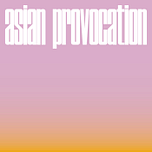


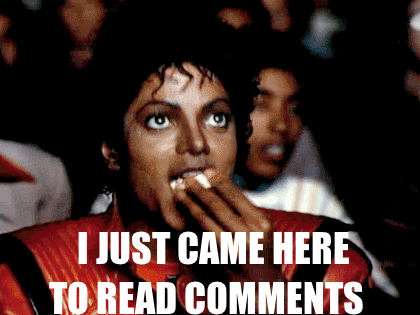

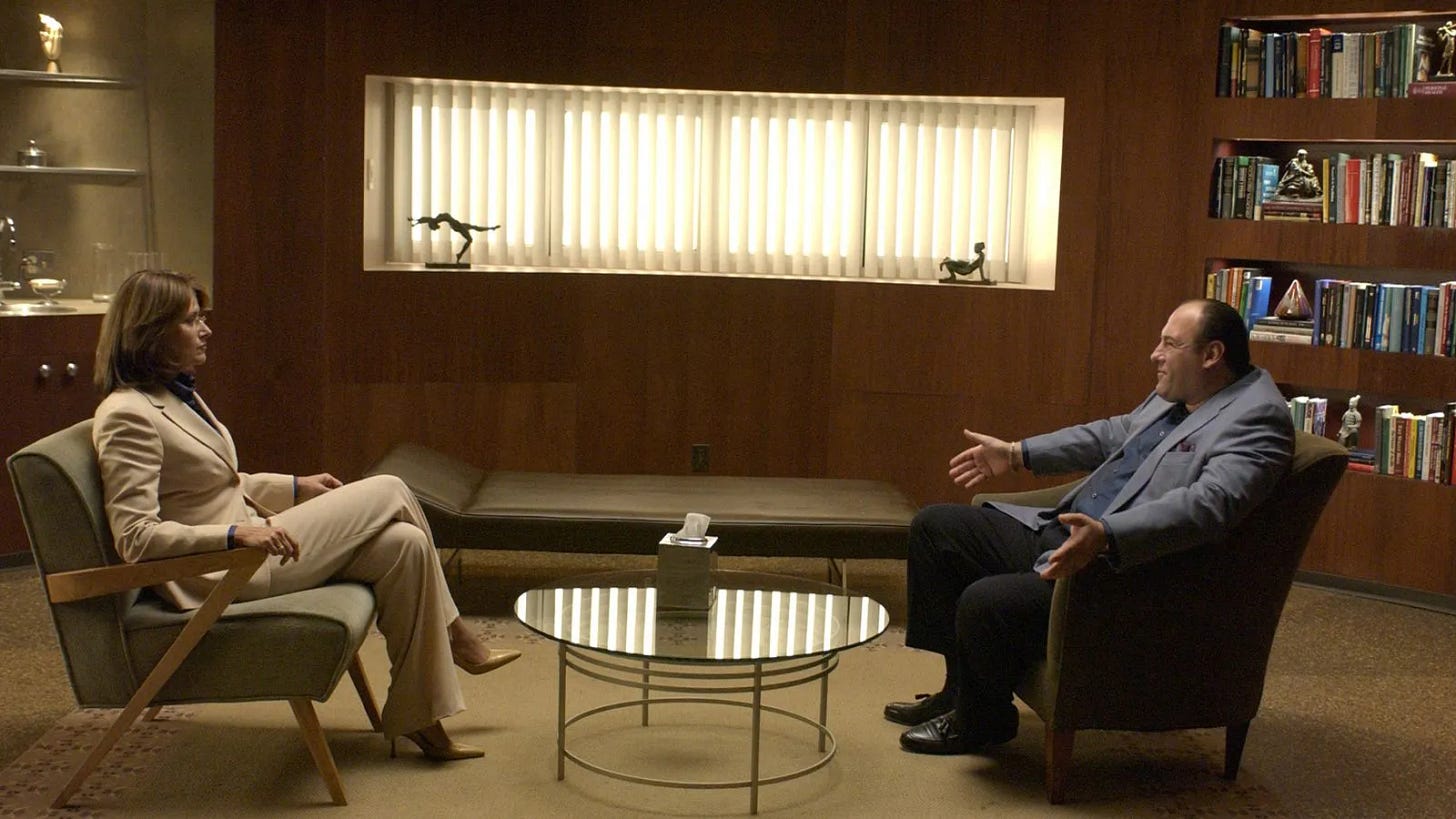

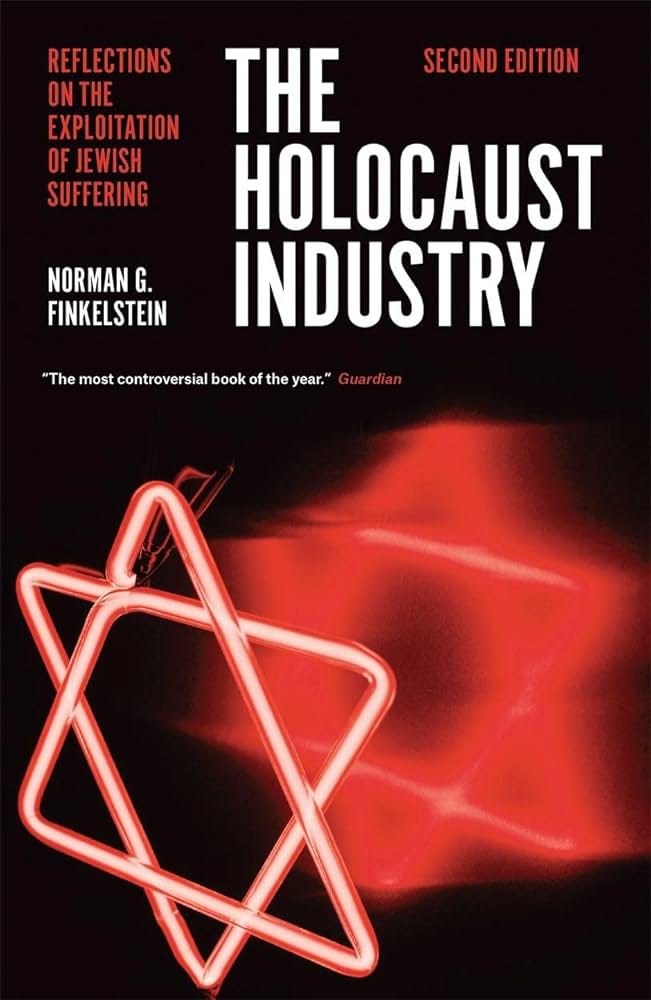

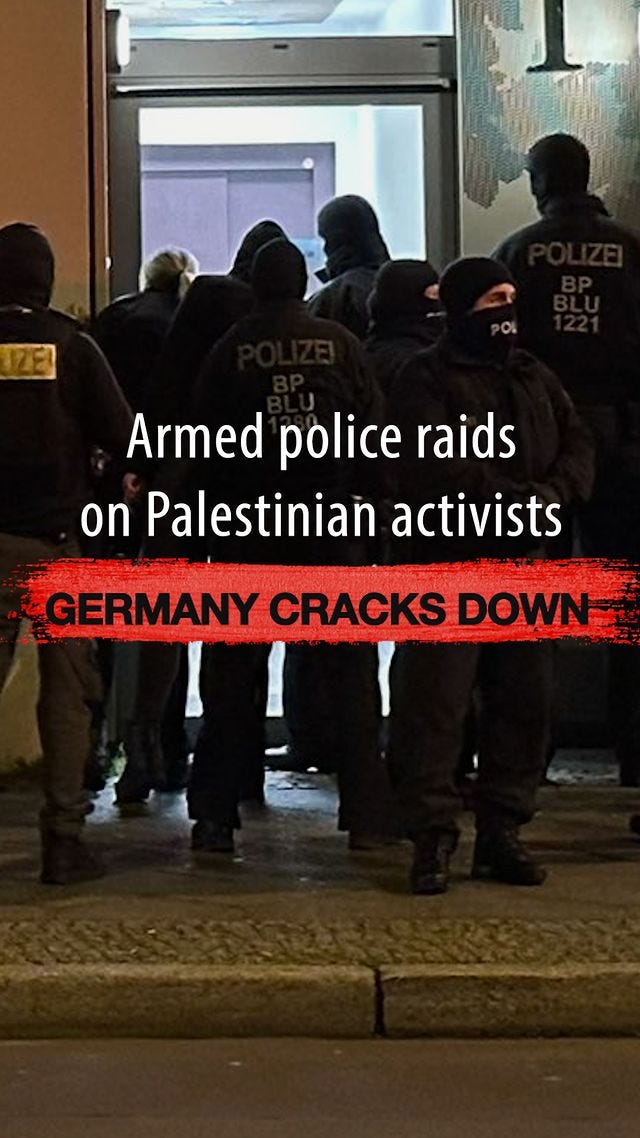









Share this post